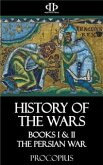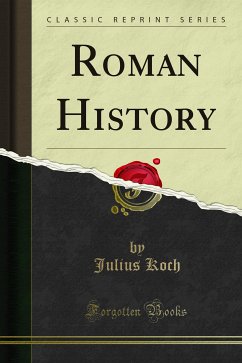A knowledge of the chief geographic features of Spain and its position with reference to other parts of the Mediterranean World is essential to an understanding of its history, particularly the history of the Roman conquest. Separated from Italy by a broad expanse of sea and by untamed Gallic tribes, the Iberian peninsula was difficult of access to the Romans. It was much more closely joined by nature to Africa than to Europe, and the larger rivers, with the single exception of the Ebro, appeared to welcome invasion from the south and west rather than from the northern or eastern sides. After overcoming these obstacles the Romans had to adapt their tactics to meet guerilla opposition and their strategy to the conquest of small and loosely joined political units, both the results of the geographical configuration of the peninsula. Final Roman victory was then as much a conquest of nature as of man. The history of Spain reaches far into the past. Phoenicians, Greeks and Carthaginians added their quota to a civilization in which Iberian and Celtic elements were combined. It remained for the Romans to unite and organize these different constituents and to make the Iberian peninsula an integral part of their great imperial domain. This was not the work of one man, nor of one brief period of time, but the activities of Augustus and the reorganization of 27-2 BC marked the beginnings of a systematic administration which endured. The aim of this study is to estimate the value of that organization by a survey of the political and administrative history of Spain from 218 to 19 BC, by an examination of the reorganization of Spain under Augustus, and by an attempt to gauge its continuity during the first century of this era...









